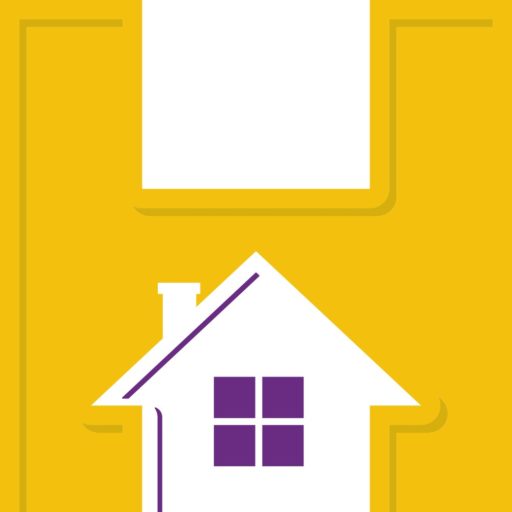How you can make the world a better place for women!
This month, Safe Harbor International Ministries is celebrating women, and everything women do for us. Here in the 21st century, sometimes people like to think that everyone is completely equal. However, this is not the case. Men and women do not earn the same amount of money for the same jobs. They are not always given the same opportunities. And as easy as it can be to pretend those problems don’t exist, ignoring them doesn’t make them any better. It is important to learn how to think about and address these problems, especially if you are not a woman.
So, what is an ally?
An ally is someone who is not a part of the group that is being misrepresented or underrepresented, but someone who stands in solidarity with the members of that group. They also take action to make it clear that they support the members of the group. In this case, an ally for women’s rights might be a man who recognizes that men and women are not given equal treatment in our society. An ally would also take action when they notice that a woman is given different treatment simply because she is a woman. Becoming an ally means that women will have a stronger voice.
How do I become an ally?
There are several different things a man can do to be an ally. To be a good ally, doing all of these things is prudent. Leaving one out could cause someone who claims to be an ally to perpetuate the unfair treatment of women without even realizing it.
Educate Yourself
One of the most important things to do in becoming an ally for women’s rights is to have a good understanding of the movement. Understanding the history of women’s rights and understanding where the movement is today are very important pieces in becoming a good ally. You can educate yourself through websites and articles online, or free videos on YouTube. Books about women’s rights are also wonderful ways to dive in deeper to the movement and learn more. It’s important to educate yourself about the movement so that later on, you can hold infomed conversations. Educating yourself is a great way to be an ally, and naturally, some of this education will come in the form of conversations with other allies or with women. Make sure that you’re not relying completely on other people to educate you, though. It’s important to go out and seek education yourself.
Change Your Perspective
The next step to becoming an ally for women’s rights is to change your perspective. Much of the reason behind the lack of equality for men and women these days is due to people’s mindsets. Many people have the perspective that their opinions are always right, and this is rarely the case for anyone! This means you need to be open-minded- it is very important to be open to criticism. It’s important that you understand that you haven’t experienced what women have experienced, so they know better than you what you can do to support them. It’s not about you, so don’t assume that you are always right, and especially no mansplaining!
One of the most important things you can do here is to get comfortable being uncomfortable. When you have conversations about women’s rights with women, part of being an ally is being willing to change your actions or your perspective on something when you’re presented with new information. It’s okay to change your beliefs and opinions when you become educated, and in fact, that’s part of what makes a good ally!

Photo by Jen Theodore on Unsplash
Pay Attention to Microaggressions
A microaggression is a normal action or conversation that seems on the surface as though it is fine, but when more closely examined, is inherently hurtful towards some sort of marginalized group. In the case of women’s rights, there are many such actions or things in conversations that are microaggressions, such as using sexist language, subtly assuming that women are inferior to men, sexist jokes, and sexual objectification. While of course there are many more types of microaggressions, these are just a few very common ones. Oftentimes, gender microaggressions exist because there are different expectations of men and women. So be sure to watch out for your own and other people’s microaggressions!
Make sure that you apologize when you realize you have made a mistake and you have been called out for a microaggression (or recognized it yourself). In the apology, you should make sure that you address the hurtful action or comment first. Then, you should acknowledge the impact it had on the person you’re apologizing to, and commit to doing better in the future.
Use Your Voice
Finally, one of the most important things you can do as an ally is to speak up and use your voice when you notice something is wrong. One of the reasons that being an ally is so powerful is because if each ally uses their voice, the message becomes much louder. The more people that support women’s rights, the less sexism there will be. In order to use your voice, make sure that you speak up when you notice microaggressions in conversation. If you feel called to, protesting is another way to make your voice heard! Be a change agent. It is much better to speak up than to sit idly by when you notice that there is something wrong. You can be the answer to someone else’s problems if you use your privilege to make a difference.

Photo by Giacomo Ferroni on Unsplash
Written by Jackie Ebel, a blogger at Safe Harbor International Ministries. For more articles, check out our blog page: https://safeharborim.com/articles/.


0 Comments
Trackbacks/Pingbacks